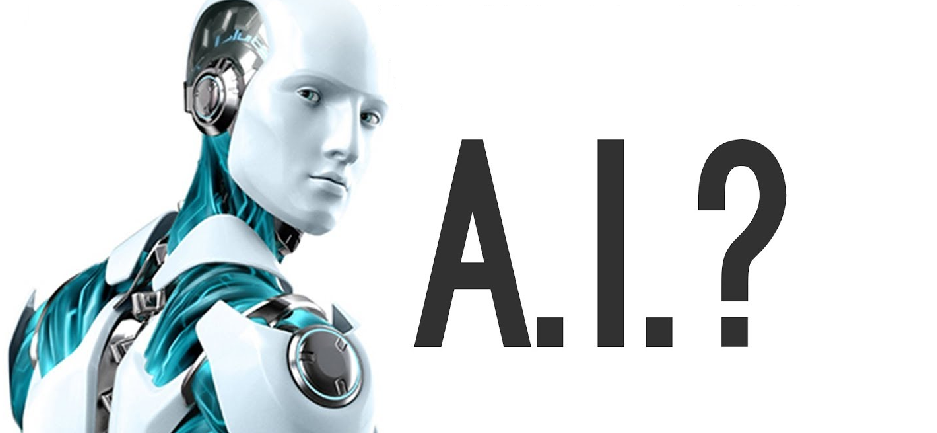The Transformative Impact of AI on Human Life


Artificial Intelligence, commonly known as AI, is a rapidly advancing field that has revolutionized the way we live, work, and interact with technology. Its transformative impact on human life is undeniable, permeating various aspects of our daily existence. In this article, we delve deep into the profound influence of AI, exploring how it has reshaped our world and continues to shape our future.
AI’s influence is most apparent in the technology we use every day. Here’s how it has made our lives more convenient:
Virtual personal assistants like Siri, Alexa, and Google Assistant have become integral parts of our lives. They help with tasks such as setting reminders, answering questions, and controlling smart devices, making our daily routines more efficient.
AI-driven predictive text and auto-correction mechanisms in our smartphones have improved our communication. They not only correct our spelling but also predict the words we intend to type, saving time and reducing errors.
AI has made significant inroads into the healthcare sector, impacting patient care and medical research:
AI-powered diagnostic tools can analyze medical data, such as X-rays and MRI scans, with remarkable accuracy. This aids doctors in diagnosing diseases and creating personalized treatment plans.
AI algorithms are speeding up the drug discovery process by analyzing vast datasets to identify potential compounds and their interactions. This promises breakthroughs in finding new treatments and therapies.
Education has not been left untouched by AI’s influence:
AI-powered educational software can adapt to students’ individual learning styles, offering personalized lessons and exercises. This enhances the educational experience and helps students grasp concepts more effectively.
AI-driven translation tools have broken down language barriers. They enable students to access educational content from around the world and foster global collaboration.
AI is reshaping the job market, creating new opportunities and challenges:
Certain jobs are being automated by AI, particularly in industries like manufacturing, logistics, and customer service. While this eliminates some roles, it also creates opportunities for individuals to upskill and transition to more creative and strategic positions.
AI provides decision support to professionals in various fields, such as finance and marketing. It offers data-driven insights and recommendations, aiding in more informed decision-making.
As AI continues to evolve, ethical concerns have emerged:
AI’s ability to analyze and interpret vast amounts of data raises concerns about personal privacy. Safeguarding individuals’ data and ensuring ethical data use is a growing challenge.
AI algorithms can inadvertently perpetuate biases present in their training data. Efforts are being made to address these biases and ensure fair and equitable AI systems.
AI’s future holds immense promise:
Self-driving cars, guided by AI, have the potential to transform transportation, making it safer and more efficient.
AI-driven robotics are being used in manufacturing, healthcare, and even space exploration, pushing the boundaries of what’s possible.
AI is aiding in the development of innovative solutions to combat climate change, from optimizing energy consumption to predicting environmental trends.
In conclusion, AI’s impact on human life is nothing short of transformative. It has brought convenience, efficiency, and innovation to our daily routines, as well as revolutionized industries like healthcare, education, and the workforce. As we move into an AI-driven future, the ethical challenges it presents must be addressed to ensure responsible development and use. The future of AI is bright, offering solutions to some of the most pressing challenges of our time and reshaping the world as we know it.
Conclusion:
The impact of Artificial Intelligence (AI) on human life is both profound and multifaceted. AI has rapidly transformed the way we live, work, and interact with technology, touching virtually every aspect of our daily existence. From the convenience of personal assistants to revolutionizing healthcare, education, and the workforce, AI’s influence is undeniable.
AI’s ability to enhance everyday convenience through personal assistants and predictive text has made our lives more efficient and productive. In healthcare, AI has become an invaluable tool for diagnosis, treatment, and drug discovery, promising breakthroughs in medical research and patient care. In education, AI’s capacity for personalized learning and language translation is reshaping how we acquire knowledge and connect with a global community.
However, AI’s impact on the workforce is not without its challenges, as automation and the need for upskilling present both opportunities and dilemmas. Additionally, ethical concerns surrounding privacy, bias, and fairness in AI systems must be addressed to ensure responsible development and use.
Looking ahead, AI’s future is promising, with applications ranging from autonomous vehicles to advanced robotics and innovative climate change solutions. As AI continues to evolve and expand, it will play a pivotal role in addressing some of the most pressing challenges of our time.
In sum, AI’s transformative influence on human life has reshaped our world and continues to shape our future. Its potential is boundless, offering innovative solutions and pushing the boundaries of what is possible. As we move forward, it is crucial to harness the power of AI responsibly and ethically to ensure a brighter and more efficient future for humanity.
